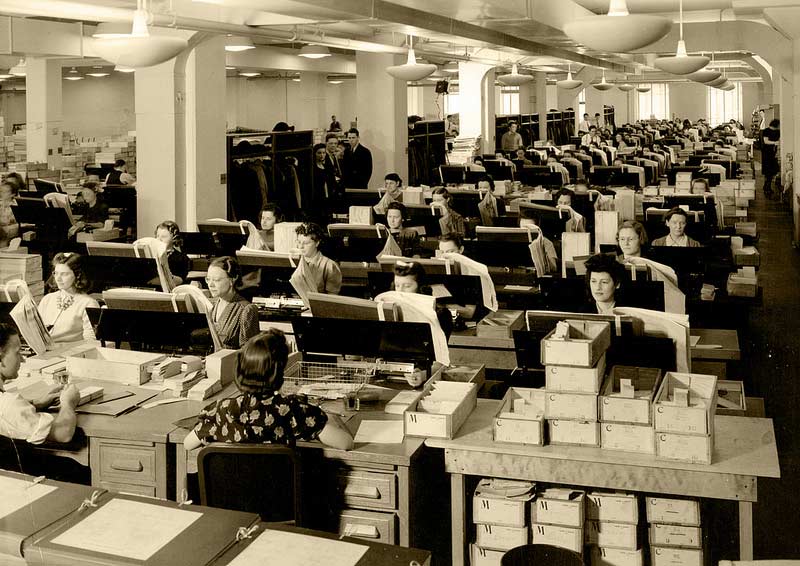1940 Census Now Online

Get the world’s most fascinating discoveries delivered straight to your inbox.
You are now subscribed
Your newsletter sign-up was successful
Want to add more newsletters?

Delivered Daily
Daily Newsletter
Sign up for the latest discoveries, groundbreaking research and fascinating breakthroughs that impact you and the wider world direct to your inbox.

Once a week
Life's Little Mysteries
Feed your curiosity with an exclusive mystery every week, solved with science and delivered direct to your inbox before it's seen anywhere else.

Once a week
How It Works
Sign up to our free science & technology newsletter for your weekly fix of fascinating articles, quick quizzes, amazing images, and more

Delivered daily
Space.com Newsletter
Breaking space news, the latest updates on rocket launches, skywatching events and more!

Once a month
Watch This Space
Sign up to our monthly entertainment newsletter to keep up with all our coverage of the latest sci-fi and space movies, tv shows, games and books.

Once a week
Night Sky This Week
Discover this week's must-see night sky events, moon phases, and stunning astrophotos. Sign up for our skywatching newsletter and explore the universe with us!
Join the club
Get full access to premium articles, exclusive features and a growing list of member rewards.
Genealogists woke up early this morning, anticipating today's unlocking of a virtual time capsule: For the first time, census data were released online.
This particular unveiling -- information from the 1940 census -- is of particular interest because it reflects a time period between the Great Depression and before the U.S. entered World War II. It also marked the first time more detailed questions were asked, such as "Where were you living five years ago?" Answers to that question will likely show families emigrating from Europe because of the war.
"We're talking about a snapshot of the 'Greatest Generation' before they went off to war," Thomas MacEntee, an analyst for the genealogy industry and a genealogy educator, told the St. Paul Pioneer Press.
The National Archives has already said it's putting more servers online to handle the rush of people searching for family members.
BLOG: Time Capsule Housed 114-Year-old Human Bacteria
Census records are made public 72 years after collection, but in the past, that meant long lines at libraries to look at microfilm. The only tricky issue in viewing the records online is that searching by name is not yet possible. Volunteers, organized by genealogy associations, hope to have a searchable index up in six months. But that involves going through handwritten pages of the 132 million records.
In the meantime, you can search by the enumeration district (an area defined by the census). An address or detailed information about the neighborhood or town can help. Librarians can help, too.
Get the world’s most fascinating discoveries delivered straight to your inbox.
Of course, just because information was recorded doesn't mean it's accurate. Census Bureau historian William Maury told NPR, the census isn't exactly a gold standard of historical data. "You can say anything. You can say you're Chief Sitting Bull's son or something like that. You can come up with all kinds of things," Maury says. "When people call us, we just say, 'Well, this is what's on the record.'"
This article was provided by Discovery News.
 Live Science Plus
Live Science Plus










